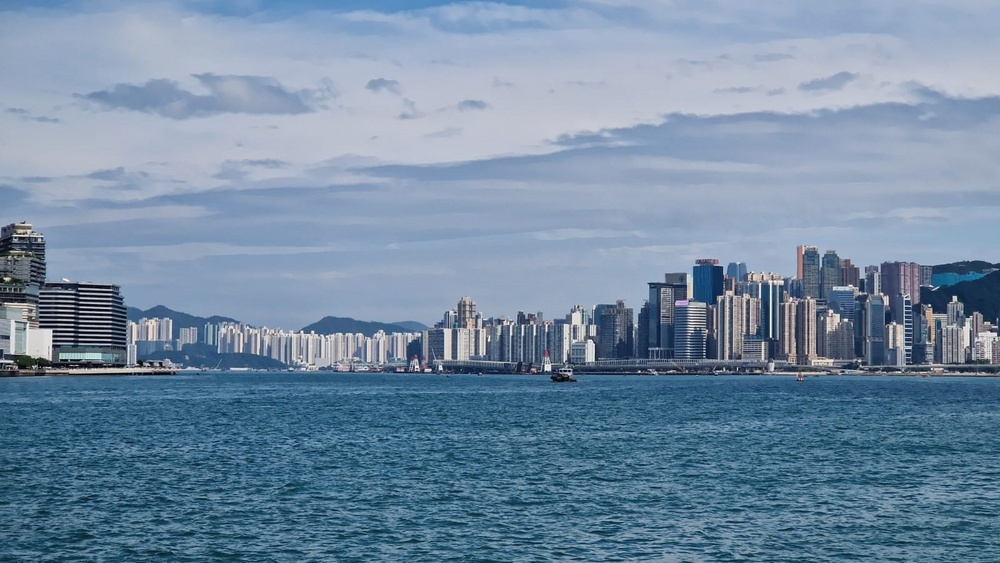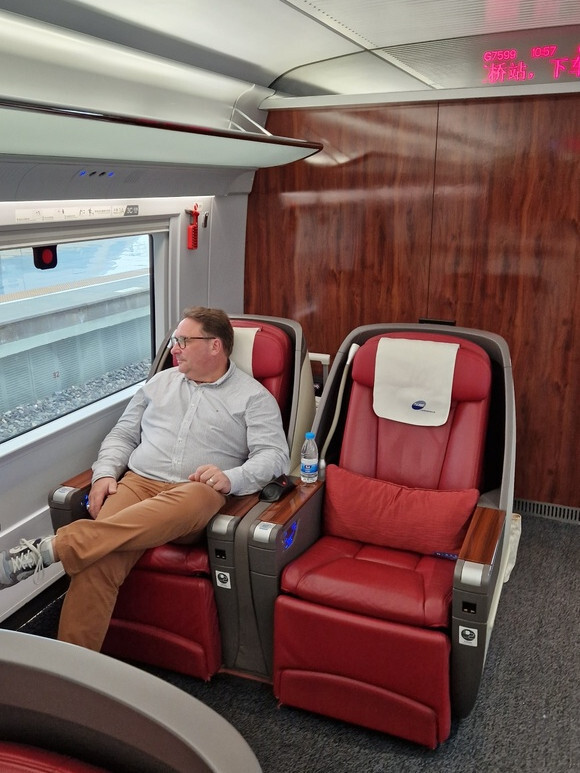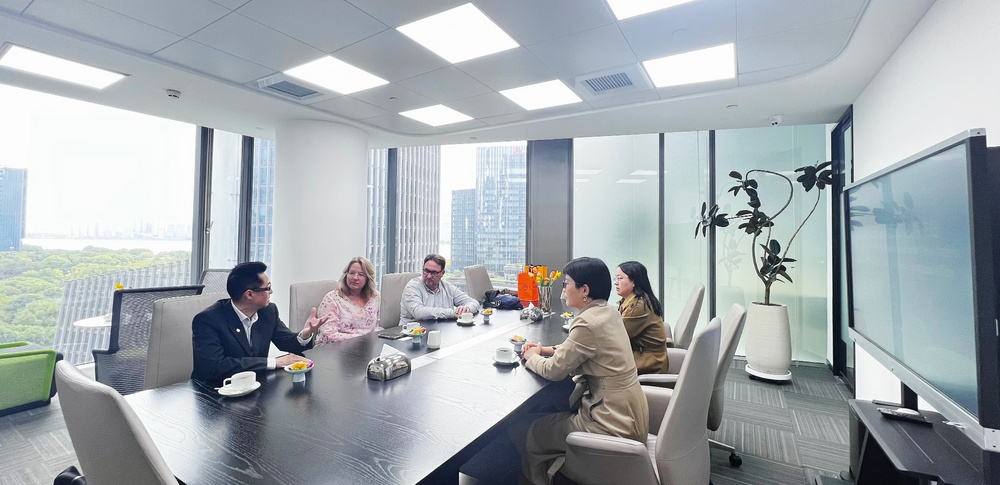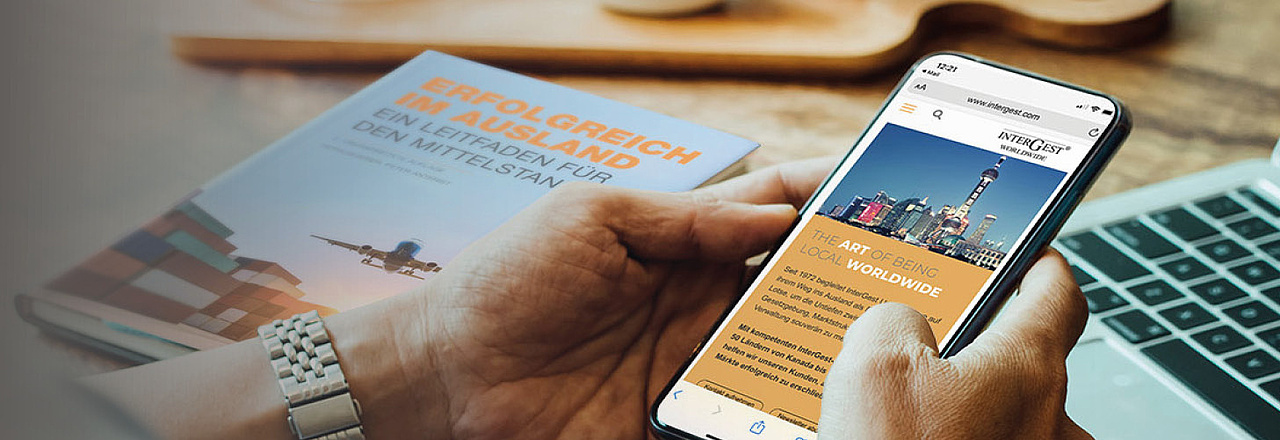IMPORTANT UPDATE FROM CHINA REGARDING CURRENT ENTRY REGULATIONS!
China will allow travelers from France, Germany, Italy, Netherlands, Spain and Malaysia visa-free entry to the country for 15 days.
China’s Ministry of Foreign Affairs announced that the above 6 nationals can visit China for fifteen days, visa-free. This means that people with these six countries’ passports will be temporarily exempted from visa requirements. The exemption will come into effect on December 1, 2023, and will last for a year, until November 30, 2024. The visa-free entry into China includes business, tourism, visiting relatives and friends, and transiting through the border for no more than 15 days.
When I flew back to Frankfurt in October 2019 - one day after the 75th anniversary celebrations of CUFE University (Central University of Finance and Economy) in Beijing - I would never have dreamed that four years would pass before my next visit to China. And so I was very excited to see what the pandemic and time had done to the country and its people.
It had already become clear in the run-up to the trip that entering China had become a little more complex: the new regulations for obtaining a visa require a fingerprint - only possible in Berlin for German expats like me. There is a transitional arrangement for business travellers until the end of 2023, but with the invitation from (my) university, I was not considered a businessman, but a "scientist". Several emails later, I finally got my visa and was able to start my journey: Beijing, Shanghai, Hangzhou and Hong Kong were the planned destinations.

As soon as I arrived in Beijing, I noticed that there were far fewer Western faces to be seen than four years ago. I also had the feeling that I was the only "long-nose" on the streets. Where were the tourists? Where were the business people? Even in the hotel in Beijing, which after all was part of the French Accor Group, I was obviously the only European. Not that I missed anything, but it was noticeable.
 | After I had given my lecture at the CUFE, I was rewarded with a highlight, namely a journey on the high-speed train to Shanghai. In 4 hours 30 minutes, i.e. at an average speed of around 330 km/h, the train took me to my destination on time to the minute. The Chinese infrastructure is deeply impressive - the sheer size and organisation of railway stations makes them look like airports and they work like clockwork. It is amazing to see what is possible when political will and supposedly unlimited resources come together. Of course, it would be extremely unfair and unobjective to make a comparison with the German railway, but "... it does work" does come to mind - especially as I had had a similarly positive train experience in Japan six weeks earlier. |
In Shanghai, I saw a familiar picture: crowded streets, lots of people and hustle and bustle. But here, too, I saw far fewer Western-looking faces than I had been used to in the past.
In the InterGest China office, however, the mood was buoyant. The order situation there is very pleasing and the signs are pointing to expansion. German SMEs are still there and continue to see opportunities in the Chinese market; somewhat more cautious than 4 years ago, but by no means as disinterested as some media report. They are aware of the potential risks and have learnt to adapt their China strategy accordingly so that a retreat is possible if the situation requires it one day. However, retreating out of fear or caution is out of the question for the entrepreneurs we know.
The next day, our Chinese partner Sam Yuan took me - again by train - to Hangzhou, the cradle of Chinese civilisation, the centre of the long-gone Song Dynasty - for many the most beautiful city in China. Sam Yuan had recently established his fifth location here with InterGest China and it was a great pleasure for me to meet Mrs Lichun Zhang, who, with her company Fuchun Jiang Audit Group, has taken over the position of "city manager" in Hangzhou as a local partner of InterGest China. I wish this new liaison the commercial success it deserves.

Back in Shanghai, I travelled on to Hong Kong - "Asia's World City", as can still be read everywhere today. And yes, the pulse of this great cosmopolitan city is still beating today. Even if our media have shown every umbrella in recent years that points to people's dissatisfaction with Beijing's new influence, Hong Kong has by no means lost its very own character. Entry into the country, for example, was still very relaxed: A small slip of paper as self-disclosure was still enough to be allowed in. No queues, no scrutinising glances, no visa, no fingerprints. You can still pay in HK dollars, international credit cards work (in contrast to "mainland China"), you can communicate everywhere thanks to the best English skills (see previous bracket). But it is above all the people who for the most part still do not feel dominated by Beijing.
InterGest Hong Kong was a victim of the pandemic at the time and has been supporting the Special Administrative Region from Shanghai for the last four years. After a very constructive discussion on site, I am now hopeful that we will have an InterGest representative office there again at the beginning of next year. We will keep you up to date!
What is the dominant feeling after this trip to China? I think my trip has made me optimistic that both China and the West will not jeopardise the undisputed economic interdependence and will recognise the diversity of cultures as an enrichment rather than a threat, and will act accordingly.
Incidentally, in Hangzhou I was invited to an open-air spectacle at the "Westlake" in the evening, where traditional Chinese culture was combined with Western elements to create a colourful show programme. The brilliant finale was the "Ode to Joy" from Beethoven's 9th Symphony, which was accompanied by a gigantic illuminated sculpture rising out of the lake. Beethoven in Hangzhou and an enthusiastic audience is definitely a reason for optimism for me.
Best regards
Your Prof Peter Anterist





